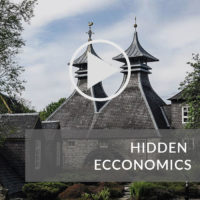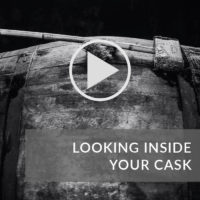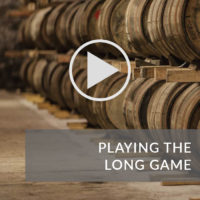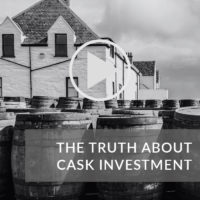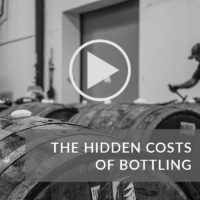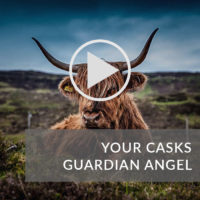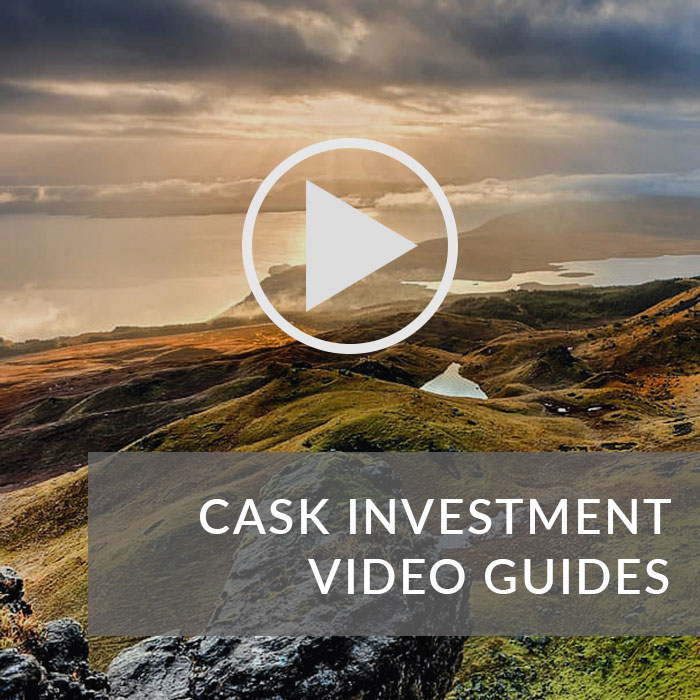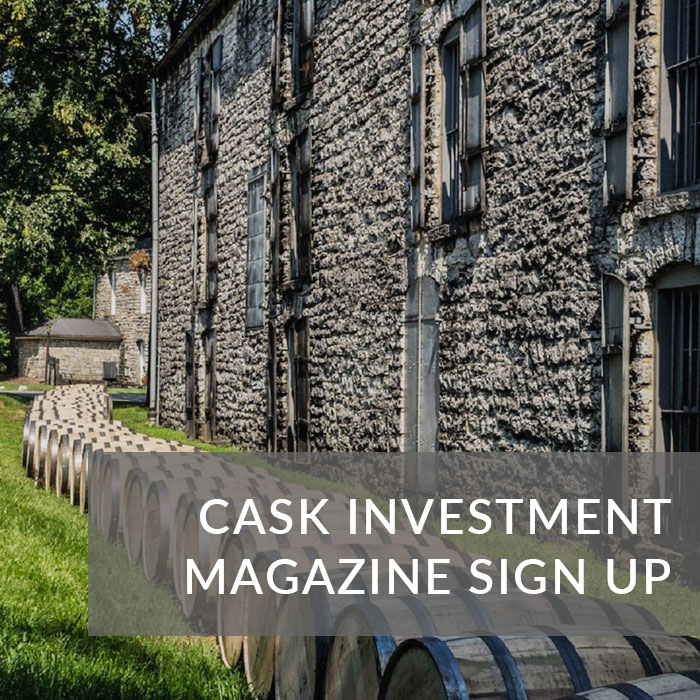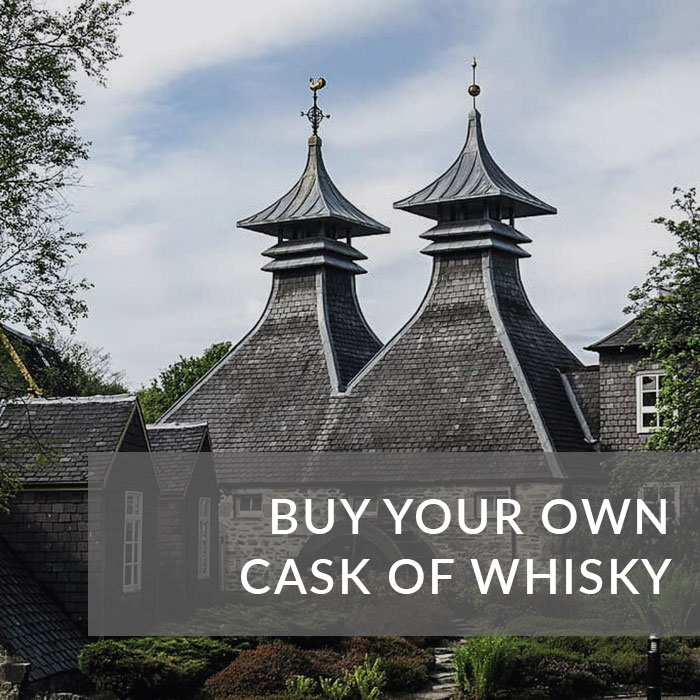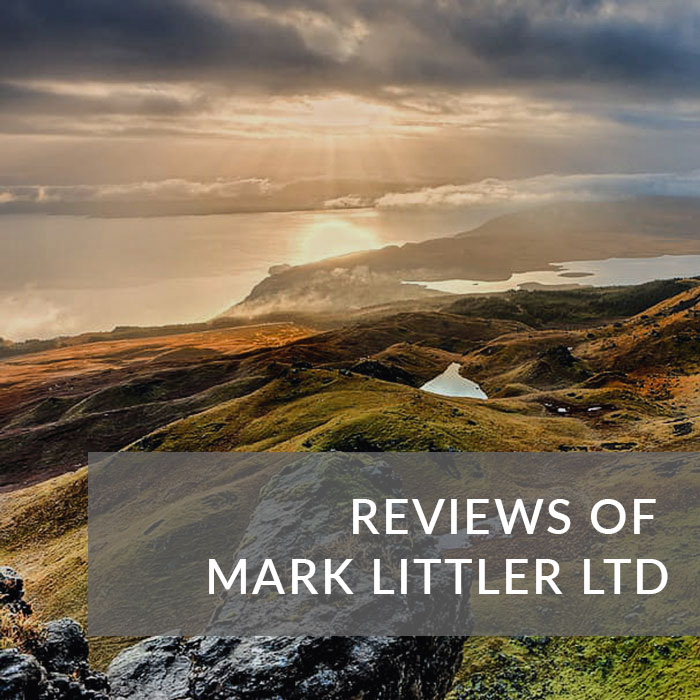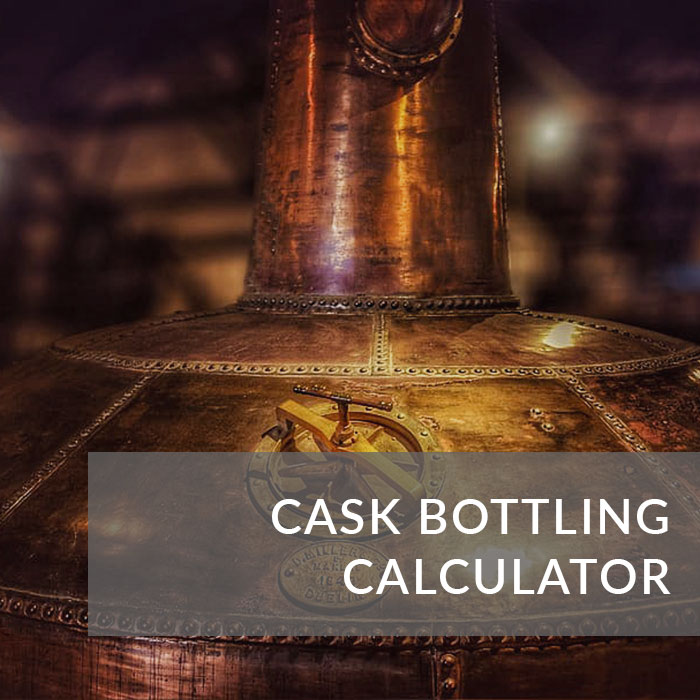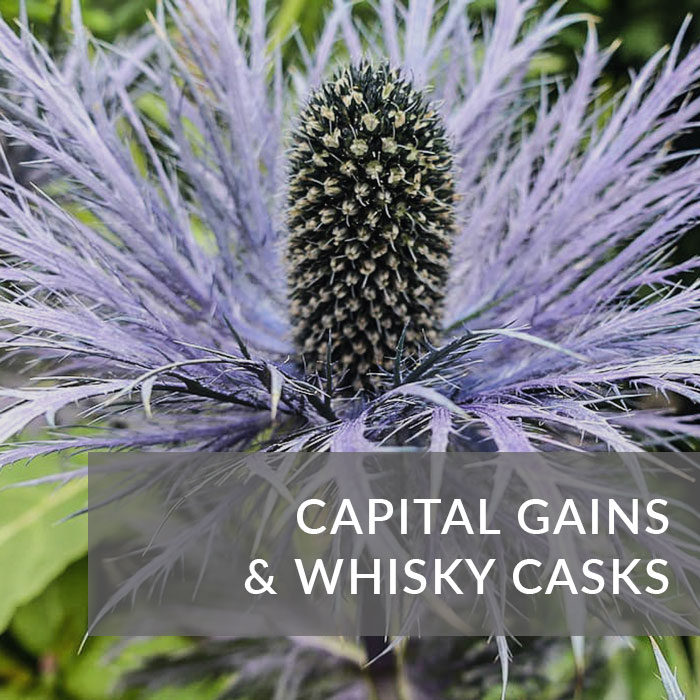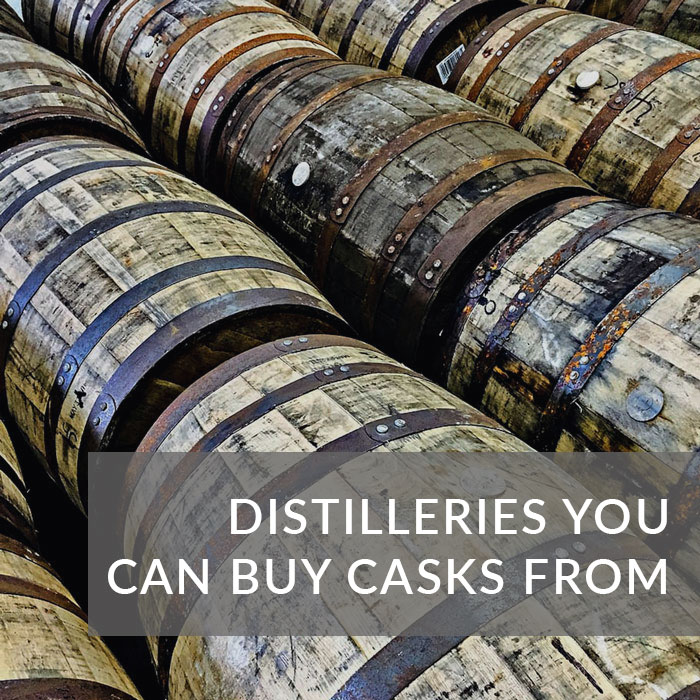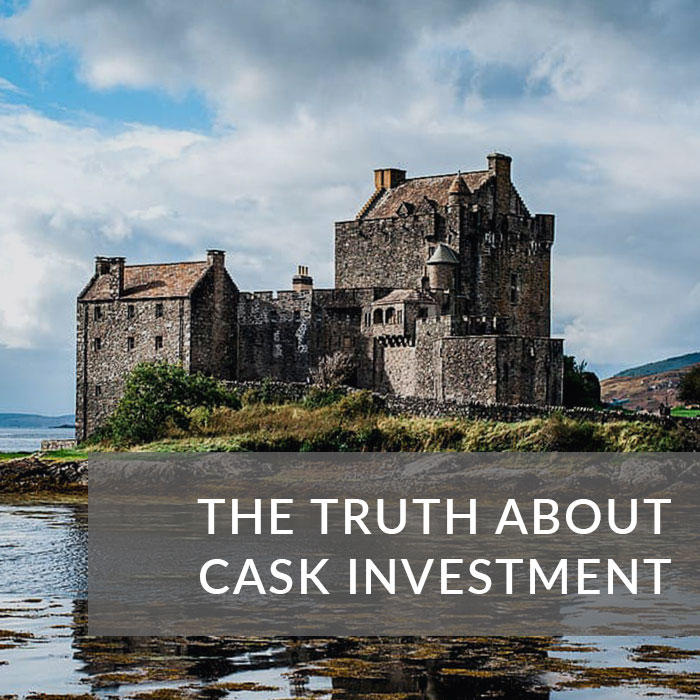INVESTING IN WHISKY CASKS VERSUS SHARES OR PROPERTY
Whisky Casks can be a solid asset, but they are a few key differences compared to traditional investments which you should be aware of before you decide to buy a cask.
Watch Our Cask Investment Video Guides
How an Investment in Whisky Casks Differs From Traditional Investments
Video Guide 4 of 10
Investing in whisky casks is now accepted as a solid investment, this is something we have seen directly at Mark Littler LTD as we have helped our customer’s sell millions of pounds of cask, with each seeing healthy returns from their initial investment.
We have seen alternative sources of information directly comparing the returns seen on whisky casks to those seen on shares and property over the same time. This direct comparison is often used to positively portray whisky compared to those other assets. However, investments in whisky casks, property and shares all differ in important ways that mean each asset is suited to different types of investment needs.
How A Cask Investment Differ from Property & Shares
Before you decide to buy a cask of whisky it is important to be fully aware of the ways in which buying and investing in casks of whisky differs from investments in other more mainstream assets, such as property or shares.
There are 4 main differences to be aware of:
- You won’t receive any annual income from your cask
- The cask market has little to no opacity, so it can be difficult to verify what you are buying has been valued correctly
- There is no liquidity in casks; you cannot sell part of your cask
- You cannot actively trade in casks.
We will go into more detail for each point below.
Send me my free cask buying guide
-
Annual income
Casks don’t provide you an annual income and unlike property, which can provide rent, and shares, which can give annual dividends, you will not receive any income from your cask. This needs to be considered when comparing the returns seen on casks to those seen on investments that provide a regular income. It means that when you buy a cask you will see no returns on your asset until you sell that cask, which ideally will be +10–15 years after you bought it.
-
Limited opacity
Investment in whisky casks is still an opaque market and little information is released to the public in terms of how value is calculated. With property you can research the house prices in your area and see what rent you can expect to receive, with shares you can research the history of the fund, see the performance of the manager and more.
As there is little to no information available to the public for you to be able to verify price or value yourself, you must rely on trusting the price you are asked to pay. If you are using a broker you must rely completely on that broker, and trust that they are not using you to take a large profit themselves. In this way whisky casks differ hugely from property and shares which are very tightly regulated and thus must be more transparently run.
-
Limited liquidity
Casks are a long-term investment and if you are considering buying a cask you should be prepared to have your capital tied up for at least 10-15 years to see the best returns on your money. If you need to release part of that capital beforehand you will need to sell your entire cask, as you cannot sell part of a cask. When you do decide to sell your cask, releasing your capital can take time in order to get you the best price and that should be taken into consideration as well.
-
You cannot activity trade in casks
Unless you go through the lengthy process of obtaining a WOWGA licence you are not able to regularly trade in casks. You can buy a cask, or several casks, for personal use and then sell those for a profit, however the regular buying and selling of casks requires the proper licences – unlike buying property.
At Mark Littler we have helped our customers sell casks for up to £150,000 based on an initial investment of £3,000 in the early 90’s, but we only recommend buying a cask if:
- You are financially secure
- You can afford to have your capital tied up for 15 – 30 years
- You are fully aware of the ongoing costs and how the process of eventually selling your casks works
If you want to find out more about investing in casks of whisky you can sign up to receive our Whisky Cask Buying Guide; a free 52-page magazine that outlines everything you need to know about becoming a whisky cask owner.
Advice You Can Trust
Since 2016 our aim has been simple – to provide a trustworthy source of information to help people make sound decisions when they are selling their items. To date we have sold millions of pounds worth of antiques and whisky (both casks and bottles) for our clients.
We’re now applying this same logic to help people invest in casks of whisky. Rather than providing sales pitches disguised as educational material, it’s our mission to become the ultimate source of open and honest cask investment guidance.
The information you will find in OUR GUIDE, CASK VIDEOS, BLOG and CALCULATOR is all designed to help you make a balanced decision. We would rather you knew all the facts and didn’t buy a cask than buy one based on ‘fake news’.
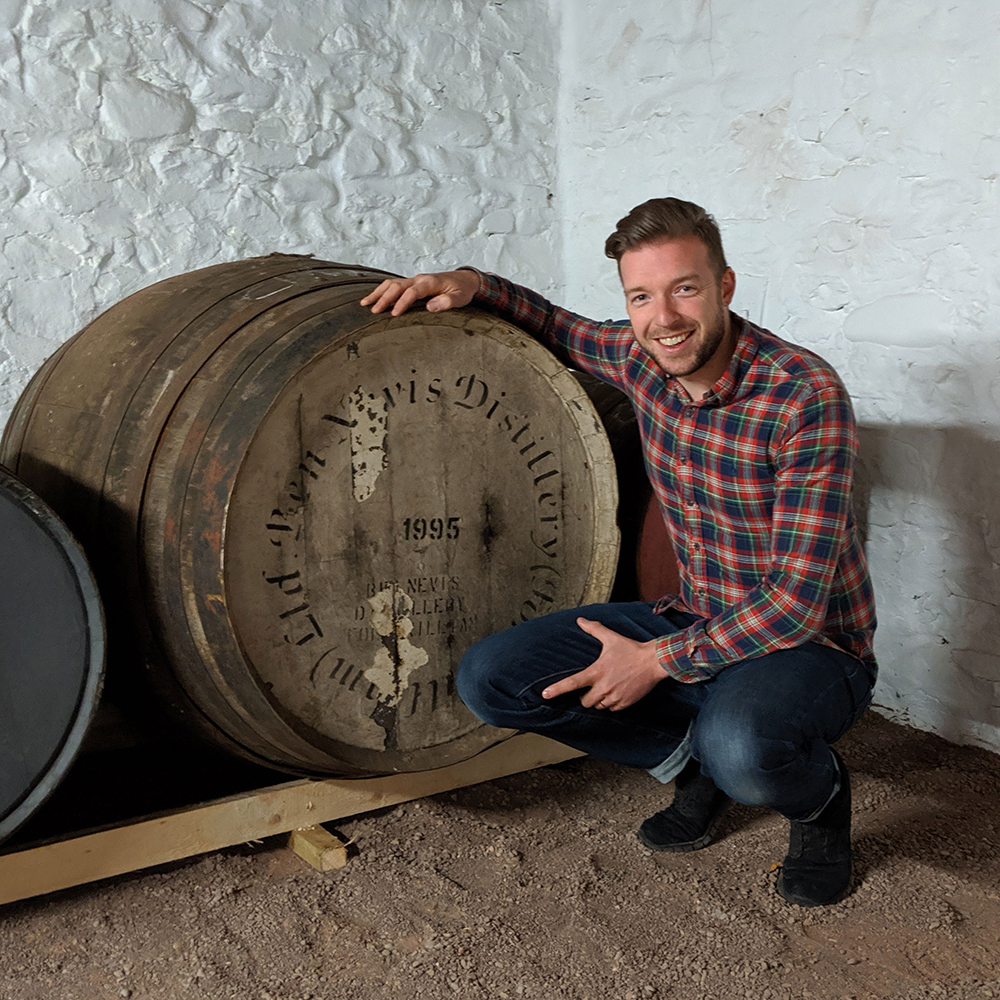
Whisky Casks can be a solid asset, but they are a few key differences compared to traditional investments which you should be aware of before you decide to buy a cask.
How an Investment in Whisky Casks Differs From Traditional Investments
Video Guide 5 of 10
Investing in whisky casks is now accepted as a solid investment, this is something we have seen directly at Mark Littler LTD as we have helped our customer’s sell millions of pounds of cask, with each seeing healthy returns from their initial investment.
We have seen alternative sources of information directly comparing the returns seen on whisky casks to those seen on shares and property over the same time. This direct comparison is often used to positively portray whisky compared to those other assets. However, investments in whisky casks, property and shares all differ in important ways that mean each asset is suited to different types of investment needs.
How A Cask Investment Differ from Property & Shares
Before you decide to buy a cask of whisky it is important to be fully aware of the ways in which buying and investing in casks of whisky differs from investments in other more mainstream assets, such as property or shares.
There are 4 main differences to be aware of:
- You won’t receive any annual income from your cask
- The cask market has little to no opacity, so it can be difficult to verify what you are buying has been valued correctly
- There is no liquidity in casks; you cannot sell part of your cask
- You cannot actively trade in casks.
We will go into more detail for each point below.
Send me my free cask buying guide
-
Annual income
Casks don’t provide you an annual income and unlike property, which can provide rent, and shares, which can give annual dividends, you will not receive any income from your cask. This needs to be considered when comparing the returns seen on casks to those seen on investments that provide a regular income. It means that when you buy a cask you will see no returns on your asset until you sell that cask, which ideally will be +10–15 years after you bought it.
-
Limited opacity
Investment in whisky casks is still an opaque market and little information is released to the public in terms of how value is calculated. With property you can research the house prices in your area and see what rent you can expect to receive, with shares you can research the history of the fund, see the performance of the manager and more.
As there is little to no information available to the public for you to be able to verify price or value yourself, you must rely on trusting the price you are asked to pay. If you are using a broker you must rely completely on that broker, and trust that they are not using you to take a large profit themselves. In this way whisky casks differ hugely from property and shares which are very tightly regulated and thus must be more transparently run.
-
Limited liquidity
Casks are a long-term investment and if you are considering buying a cask you should be prepared to have your capital tied up for at least 10-15 years to see the best returns on your money. If you need to release part of that capital beforehand you will need to sell your entire cask, as you cannot sell part of a cask. When you do decide to sell your cask, releasing your capital can take time in order to get you the best price and that should be taken into consideration as well.
-
You cannot activity trade in casks
Unless you go through the lengthy process of obtaining a WOWGA licence you are not able to regularly trade in casks. You can buy a cask, or several casks, for personal use and then sell those for a profit, however the regular buying and selling of casks requires the proper licences – unlike buying property.
At Mark Littler we have helped our customers sell casks for up to £150,000 based on an initial investment of £3,000 in the early 90’s, but we only recommend buying a cask if:
- You are financially secure
- You can afford to have your capital tied up for 15 – 30 years
- You are fully aware of the ongoing costs and how the process of eventually selling your casks works
If you want to find out more about investing in casks of whisky you can sign up to receive our Whisky Cask Buying Guide; a free 52-page magazine that outlines everything you need to know about becoming a whisky cask owner.
Advice You Can Trust
Since 2016 our aim has been simple – to provide a trustworthy source of information to help people make sound decisions when they are selling their items. To date we have sold millions of pounds worth of antiques and whisky (both casks and bottles) for our clients.
We’re now applying this same logic to help people invest in casks of whisky. Rather than providing sales pitches disguised as educational material, it’s our mission to become the ultimate source of open and honest cask investment guidance.
The information you will find in OUR GUIDE, CASK VIDEOS, BLOG and CALCULATOR is all designed to help you make a balanced decision. We would rather you knew all the facts and didn’t buy a cask than buy one based on ‘fake news’.



